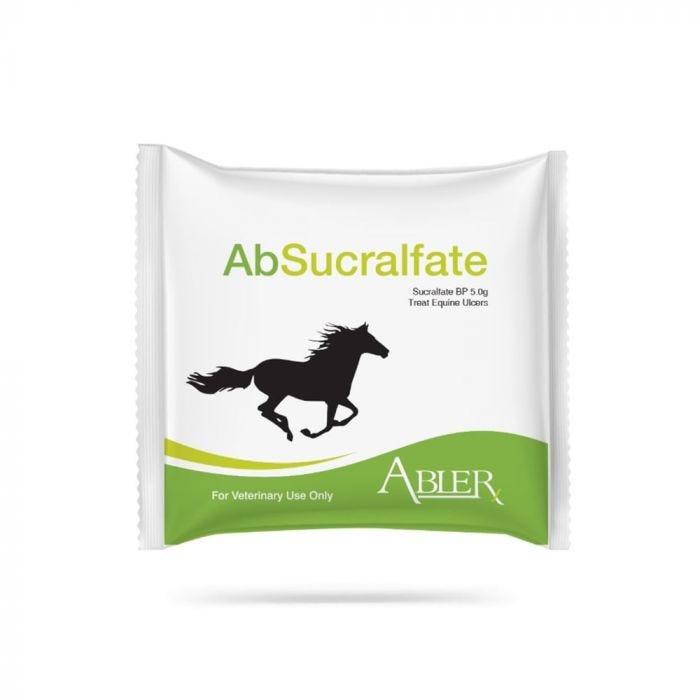We use cookies to make your experience better. To comply with the new e-Privacy directive, we need to ask for your consent to set the cookies. Learn more
Hindgut Ulcers in Performance Horses - A Common Problem
Hindgut Ulcers in Performance horses
A study by Louisiana State University found that 65% of performance horses suffered from hindgut ulcers. However, the condition may go undiagnosed for months because horses are usually normal between acute episodes. To understand the causes, symptoms and solutions of hindgut ulcers, it's important to distinguish between the stomach and the hindgut.
The stomach occupies less than 10% of the horse's digestive tract while the hindgut is huge and stretches from the cecum to the anus.
Causes of Hindgut Ulcers in Performance Horses
A performance horse's lifestyle is significantly different to its intended natural state. Management of the performance horse often includes stalling, travel and a high energy diet. These 'unnatural' circumstances can contribute to the formation of hindgut ulcers.
Like gastric ulcers, hindgut ulcers occur as a result of damage to the horse's muscousy digestive tract lining and there are two common causes.
Right dorsal colitis
This occurs as a result of stress & non-steroidal anti-inflammatory drug (NSAID) exposure.
Phenylbutazone or ‘bute’ is the most commonly used equine NSAID. These medications stop the production of prostaglandins in order to decrease pain and inflammation. However, they also affect the mucus production and blood flow that keeps the hindgut lining healthy and protected.
Hindgut acidosis
High grain diets can be too much for an equine stomach to digest. This means excess undigested grain moves on to the hindgut which increases the production of lactic acid. The increased acidity reduces mucus production and leaves the hindgut lining unprotected from further acid exposure.
Parasite burdens are also known to cause problems to the horse's hindgut.
Symptoms of hindgut ulcers in performance horses
- weight loss and low body condition
- irritability and ‘nappiness’ while being ridden
- a cranky attitude
- behavior indicating discomfort, such as pawing or laying down
- loss of appetite
- girthiness
- sensitivity in the flank area
- difficulty bending, collecting, and extending
- soft or loose droppings
- laminitis
- repetitive behaviours like weaving or cribbing
- sudden dislike of grooming & rugging
A combination of any of the above symptoms and low manure pH could be an indication of hindgut ulcers.
Treatment for hindgut ulcers in performance horses
Sucralfate is the best treatment for hindgut ulcers in performance horses.
It works by forming a viscous gel over the ulcer craters. This protects the ulcers from further damage and gives them a chance to heal.
In addition, sucralfate also:
• Inhibits the action of pepsin, the enzyme that breaks down protein.
• Increases the production of prostaglandins, which protect the stomach lining
Importantly, sucralfate provides nearly immediate pain relief to horses.
You can order sucralfate in the form of AbSucralfate from our website. It's available without a prescription and at a fraction of the cost of the big brands.









Validate your login